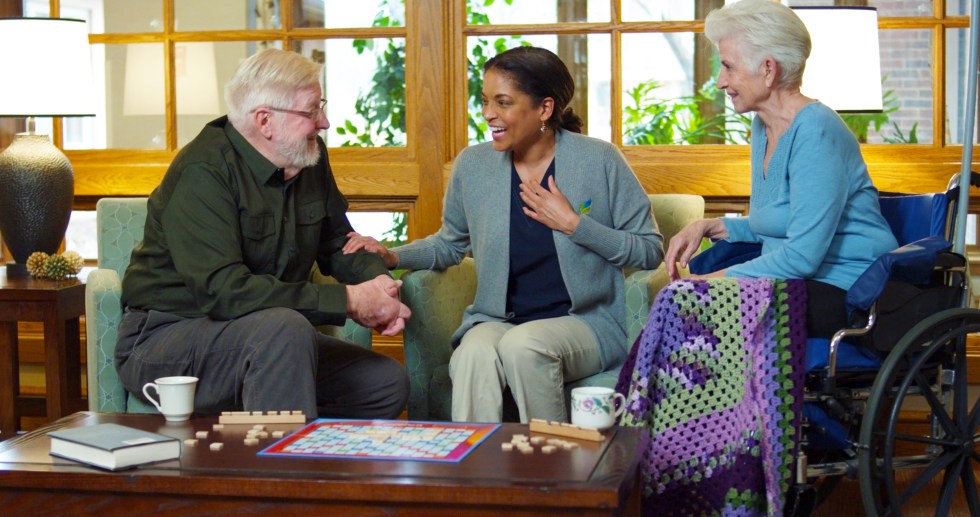
Effective communication with seniors requires you to make efforts to understand their needs as well as their language. You can use certain techniques to accomplish this. For example, you can learn how not to use elderspeak or jargon and how to listen carefully to your elder. These tips will make it easier for you to have a successful conversation with your elderly loved one.
Avoid medical jargon
For a variety reasons, it is important not to use medical jargon in communicating with older patients. Older patients typically have a more difficult time understanding medical terms and may not be as familiar with medical jargon as younger patients. If possible, try to avoid using medical terms that are unfamiliar to the patient and explain the condition and treatment plan in a simple and straightforward way. To help explain the information to patients, visual aids can be helpful.
Health literacy may be limited in older adults, making it difficult to understand medical terminology. Research has shown up to 70% of older adults have difficulties understanding printed materials. Plain language and clear explanations of medical terms can help to overcome these barriers. A good way to increase comprehension is to write down the key points.

Avoid talking to your elders
Communication with the elderly should not be done in elderspeak. Effective communication is only possible if you do not use it. Studies show that seniors who use elderspeak are more likely to act out in frustration or call out. These behaviors can damage an elder's self-esteem and cause depression. Elders who use elderspeak are also less likely to follow the instructions of their healthcare providers.
Be aware that older people might be slower to process information and may require repeated information. Avoid using patronizing language or making assumptions about the cognitive abilities of older people. Instead, speak clearly and maintain eye contact. You don't have to use elderspeak to solve a problem.
Elderspeak can cause harm to the elderly and often is based on stereotypes. An example is to call an older person "young girl" or "young boy" because it implies that they are childish or incompetent. You can also call the elderly "cute" (or "adorable"), which suggests that they are doing something that is not appropriate for younger people. Although it might sound innocent, these comments can offend older adults.
Listen to your elders.
Listening carefully to what the elderly say is essential when you communicate with them. Your tone can make all the difference when you speak to them. To keep your elder calm and happy, try to keep your voice positive. It is also important that you take frequent breaks.

Older adults might not be aware that they have hearing problems. Therefore, speak slowly and clearly. Avoid talking or mumbling. Focus on one idea at a time and try to avoid saying too much at once. Rephrase the thoughts of your elder if you are unable to understand them.
As a caregiver, it's important to be attentive to what your elder is saying. The truth may be completely different than what you're hearing. While seniors may not be able to recall what they said just a few weeks back, it is important to pay attention to what they are saying.